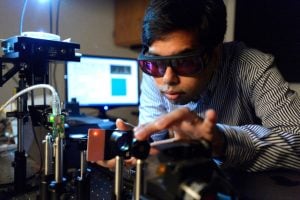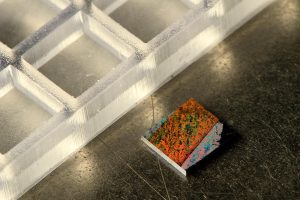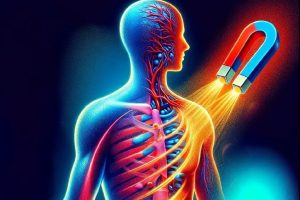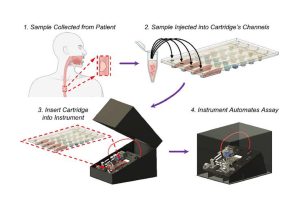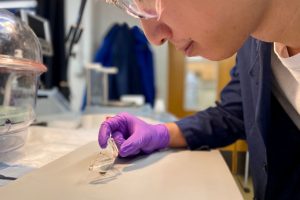Recent News
-

Team’s novel technique could lead to earlier disease detection, enhanced industrial process control, and better environmental surveillance
-

Hopkins team develops fast, accurate diagnostic tool that could speed results to physicians or first responders
-

Hopkins engineer uncovers the chemical “compass” that guides cells through our bodies
-

Project focuses on controlling biochemical reactions with magnetic fields
-

Team can locate aggressive cancers using laser light and folded DNA
-

Shoebox-sized device promises earlier esophageal cancer detection in low-resource areas
-

“A Fish Out of Water,” featuring team’s mudskipper and robotics research, now streaming
-

Once a day, Divya Ramesh and her colleagues drop fish food into the aquariums in their lab, feeding a menagerie of three unusual species: the ropefish, bichir, and mudskipper. All…
-

Hopkins engineers are working on a system to diagnose whether a person has malaria using near-infrared light.
